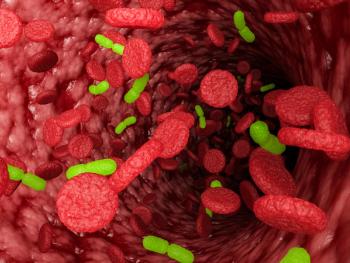
A recent study supports the notion that non–driver mutations in essential thrombocythemia (ET) and polycythemia vera (PV) have predictive value and found that a proposed international prognostication model may be useful for Japanese patients.

Rose is an editorial director at The American Journal of Managed Care® (AJMC®).
She has a BA in journalism & media studies and Spanish from Rutgers University. You can connect with Rose on LinkedIn.

A recent study supports the notion that non–driver mutations in essential thrombocythemia (ET) and polycythemia vera (PV) have predictive value and found that a proposed international prognostication model may be useful for Japanese patients.

This rare immune-related adverse event has only been previously reported 4 times in the context of immune checkpoint inhibitor (ICI) treatment.

A recently published report describes the diagnosis and treatment of a case of iron-deficiency anemia–associated thrombocytopenia secondary to recurrent nosebleeds.
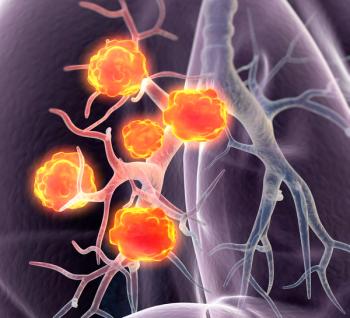
Immune checkpoint inhibitors, either alone or in combination with chemotherapy, were associated with better outcomes in non–oncogene-addicted non–small cell lung cancer (NSCLC).
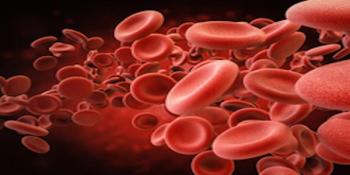
A study of women and girls from families with hemophilia in Thailand assessed the emotional impact of a carrier diagnosis and emphasized the value of comprehensive management.

JAK2-unmutated erythrocytosis has a variety of etiologies, and identifying the underlying cause may prove helpful in cases where it is secondary to another condition such as polycythemia vera.

Population-based data is a crucial aspect to evaluating current care quality and improving outcomes for patients with sickle cell disease.

Untreated bleeds often go undocumented during clinical trials, but reporting these bleeding events could provide additional insight into therapy efficacy.

Although no pharmacological treatment offers long-term efficacy or extends survival with Huntington disease at this point, research suggests that stem-cell therapy holds promise in this and other neurodegenerative diseases.
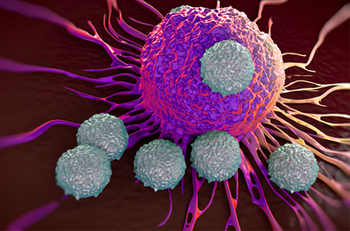
Despite the obstacles and risks, the review authors conclude that universal chimeric antigen receptor (CAR) T-cell therapy has the potential to play a key role and mitigate some of the limitations associated with autologous CAR T-cell therapy in cancer treatment.
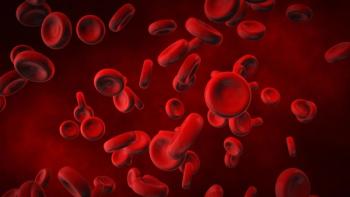
A review published in the journal Immunotherapy summarizes the applications of sutimlimab and emphasizes the importance of individualizing treatment for patients with cold agglutinin disease.
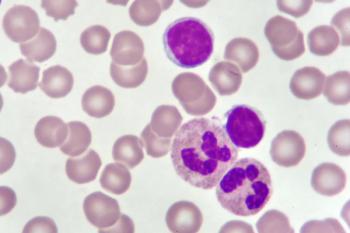
A recent review summarized the current landscape of Bruton tyrosine kinase (BTK) inhibitors in both hematological cancers and inflammatory disorders.

The review concludes that CD20-targeted chimeric antigen receptor (CAR) T-cell therapy is an option worth exploring, despite potential safety concerns that warrant more extensive research.

The model was found to be predictive and may help identify patients with multiple myeloma at a high risk of early disease progression.
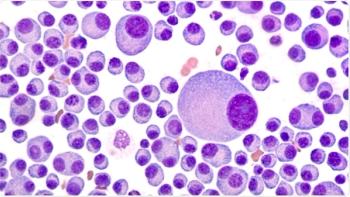
Within a selection of therapies showing efficacy over a placebo, lenalidomide-carfilzomib was a standout against the rest of the group.

Despite the use of therapies to address the clinical manifestations of myelofibrosis (MF) and essential thrombocythemia (ET), the symptom burdens of these conditions continue to negatively affect patient quality of life (QOL).
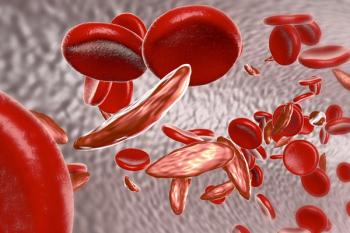
Findings of a recent study suggest that complications of sickle cell disease (SCD) significantly contribute to morbidity and are more prevalent among older patients.

A Swedish population-based study adds to data suggesting men have a higher risk of lymphoma and likely higher mortality.
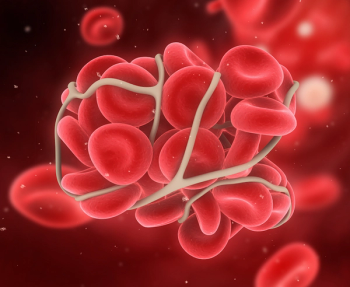
The review highlighted key diagnostic and treatment considerations for patients with splanchnic vein thrombosis and myeloproliferative neoplasms.

An analysis of patient-reported outcomes from the pivotal CARDINAL trial of sutimlimab in cold agglutinin disease found that quality of life (QOL) improved and persisted throughout treatment.
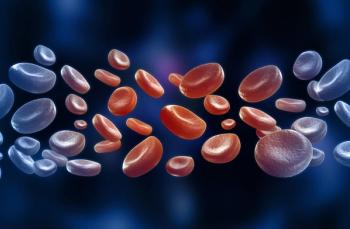
Currently, there are no clear guidelines for managing extramedullary hematopoiesis in transfusion-dependent beta thalassemia.

A recent study suggests that including a pharmacist in the hemophilia comprehensive care model may improve bleeding outcomes and medication access and adherence, and lead to cost savings.

Renal outcomes and chimeric antigen receptor (CAR) T-cell therapy efficacy were unaffected by baseline renal status in a cohort of patients with diffuse large B cell lymphoma, but acute kidney injury during treatment was associated with worse clinical outcomes.

A recent review details strategies for mitigating the risks faced by pregnant patients with hemophilia or von Willebrand disease and their children.

The recommendations aim to make this type of evaluation more consistent in cases when children have suspicious bruising or bleeding patterns.

A small study suggests that comprehensive genomic profiling can help with clinical decision-making and predicting clinical outcomes in advanced biliary tract cancer, but further research is needed.
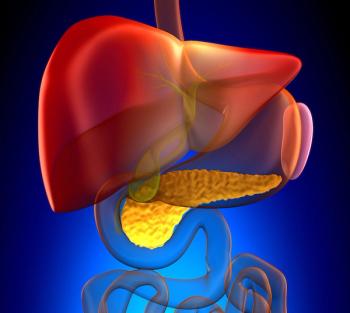
The rare condition can easily be confused with hepatocellular carcinoma, but immunohistochemical studies can help accurately diagnose intrahepatic sarcomatoid cholangiocarcinoma.
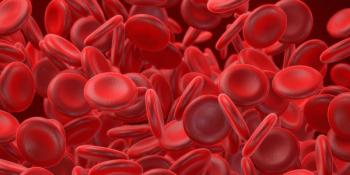
Morbidity and mortality remain high for patients with acquired hemophilia A, and advances in immunotherapy and hemostatic therapy are needed to improve outcomes.

The review discusses hydroxyurea and 3 additional drugs approved by the FDA—L-glutamine, crizanlizumab, and voxelotor—as well as agents currently being investigated to treat sickle cell disease (SCD).

The study pooled data from 4 clinical trials to gain insight into surgical outcomes in this complex population.

259 Prospect Plains Rd, Bldg H
Cranbury, NJ 08512
© 2025 MJH Life Sciences®
All rights reserved.
